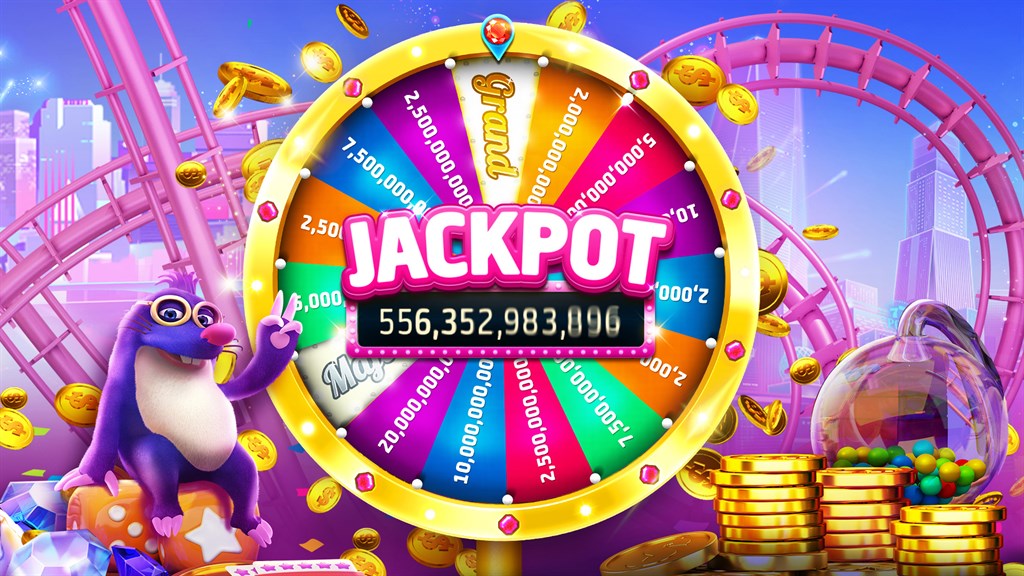In the vast digital landscape of the 21st century, where time seems to blur and distances fade into the ether, one phenomenon stands as a testament to humanity’s insatiable thirst for connection, competition, and creativity – online games https://thingsthatdontexist.com/. These digital playgrounds have evolved from humble beginnings to parallel universes where millions converge to explore, compete, and forge friendships. Let’s embark on a journey through the annals of online gaming, tracing its evolution and unraveling the intricate tapestry of its impact on society.
The Dawn of Digital Domains
The genesis of online gaming can be traced back to the primordial ooze of the internet, where primitive pixels danced across cathode ray tubes. In the late 1970s and early 1980s, pioneering titles like “MUD” (Multi-User Dungeon) laid the groundwork for a revolution. These text-based adventures transported players to fantastical realms where they could interact with each other in real-time, laying the foundation for the social fabric that would define online gaming.
The Golden Age of MMOs
As technology advanced, so too did the scope and scale of online games. The late 1990s and early 2000s witnessed the emergence of Massively Multiplayer Online Games (MMOs) like “Ultima Online” and “EverQuest.” These virtual worlds became digital crucibles where players could immerse themselves in sprawling landscapes, epic quests, and persistent communities. From forging alliances to battling dragons, MMOs became more than just games; they were living, breathing universes where friendships were forged and legends were born.
The Rise of Esports
While MMOs flourished in the realm of fantasy, another breed of online game was quietly rising to prominence – competitive multiplayer games. Titles like “Counter-Strike,” “StarCraft,” and “League of Legends” transformed gaming into a global phenomenon, giving birth to the esports revolution. What began as friendly skirmishes among friends evolved into multimillion-dollar tournaments watched by millions around the world. Esports athletes became celebrities, and stadiums once reserved for traditional sports now reverberated with the cheers of digital gladiators.
The Democratization of Game Development
One of the most significant shifts in the landscape of online gaming has been the democratization of game development. The rise of platforms like Unity and Unreal Engine, coupled with the advent of crowdfunding and digital distribution, has empowered independent developers to create and distribute their own online games. From indie darlings like “Minecraft” to innovative experiences like “Among Us,” these games have captivated audiences and demonstrated the power of creativity in the digital age.
The Social Fabric of Online Communities
At its core, online gaming is about more than just pixels and polygons; it’s about people. Behind every avatar is a real person with hopes, dreams, and a desire for connection. Online communities have become digital town squares where players gather to share stories, strategies, and laughs. From guilds in MMOs to Discord servers for competitive teams, these communities form the backbone of the online gaming experience, fostering friendships that transcend the boundaries of geography and culture.
The Future of Online Gaming
As we peer into the future, the horizon of online gaming stretches ever onward, filled with infinite possibilities. Virtual reality promises to transport players to realms beyond imagination, while augmented reality blurs the lines between the digital and physical worlds. Cloud gaming platforms offer unprecedented access to gaming experiences, untethered from the constraints of hardware. Whatever the future may hold, one thing is certain – the spirit of exploration, competition, and camaraderie that defines online gaming will continue to endure, shaping the digital landscape for generations to come.
